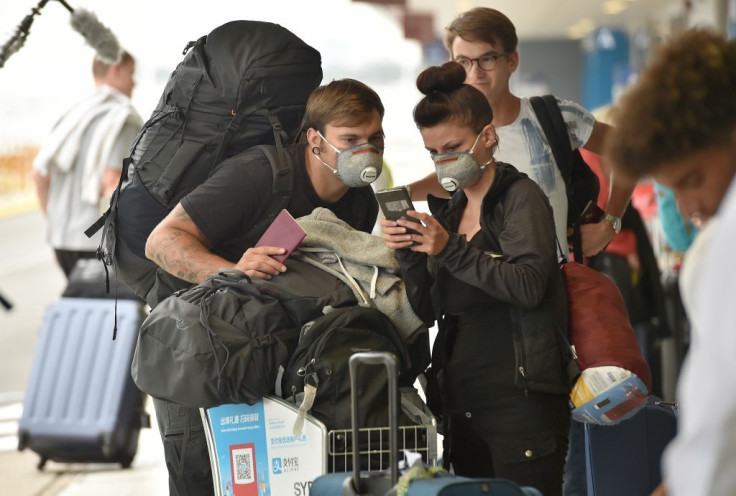Coronavirus Update: Australia Won’t Lift COVID-19 Restrictions Despite Low New Cases

Australia will not be easing its travel restrictions and social distancing rules despite the slow growth in COVID-19 cases. Australia has been praised for its success in curbing the coronavirus outbreak.
The rate of spread of the novel coronavirus in the country has significantly slowed down and the number of new cases abated due to early measures taken. As of April 13, 2020 8:22 GMT, the total number of confirmed COVID-19 cases in Australia is 6,359 and 61 deaths, Worldometers reports. This is an increase of 46 cases and only two deaths from the day before.
Australia’s total is only 1% of USA’s total confirmed cases at 560,433. The United States has the highest number of infections in the world.
Despite it’s success in slowing down the virus, especially over the Easter holiday weekend, Australia still remains steadfast it will not relax its restrictions any time soon.
”Now is the time to stay the course, to continue with these, self-isolation and social distancing,” Health minister Greg Hunt said in televised briefing. “These are producing real reductions in the rate of growth.”
In fact, the country has heightened its crackdown over the weekend of people who are not following COVID-19 restrictions on travel and social distancing. Police were deployed at checkpoints and highways, while fines were issued to those who violated.
In a further aim to help the world fight the virus, Apprise Centre of Research Excellence which leads Australia’s research on infectious diseases, will study if there are people immune to the novel coronavirus and how many are there in the country.
“Apprise will lead a national zero prevalence study to understand how many people really are immune to coronavirus,” professor Sharon Lewin said at a press conference Monday.
“Many of you would have heard about the concept of herd immunity, or people becoming immune to the virus without ever getting sick. We still have no idea how common that occurs.”
According to Lewin, the team will analyze thousands of Australians from different risk groups “to understand how common immunity is.”





















